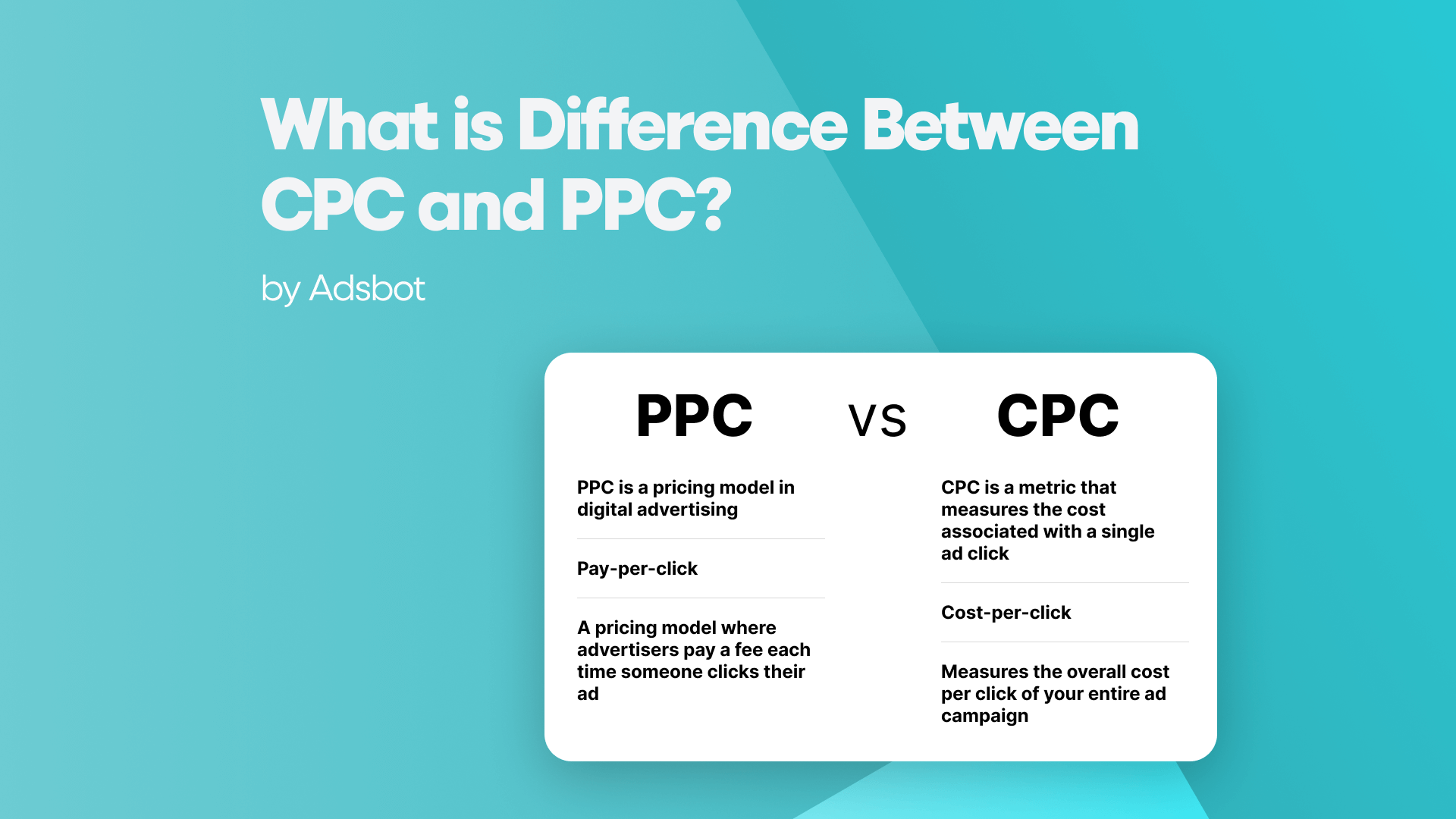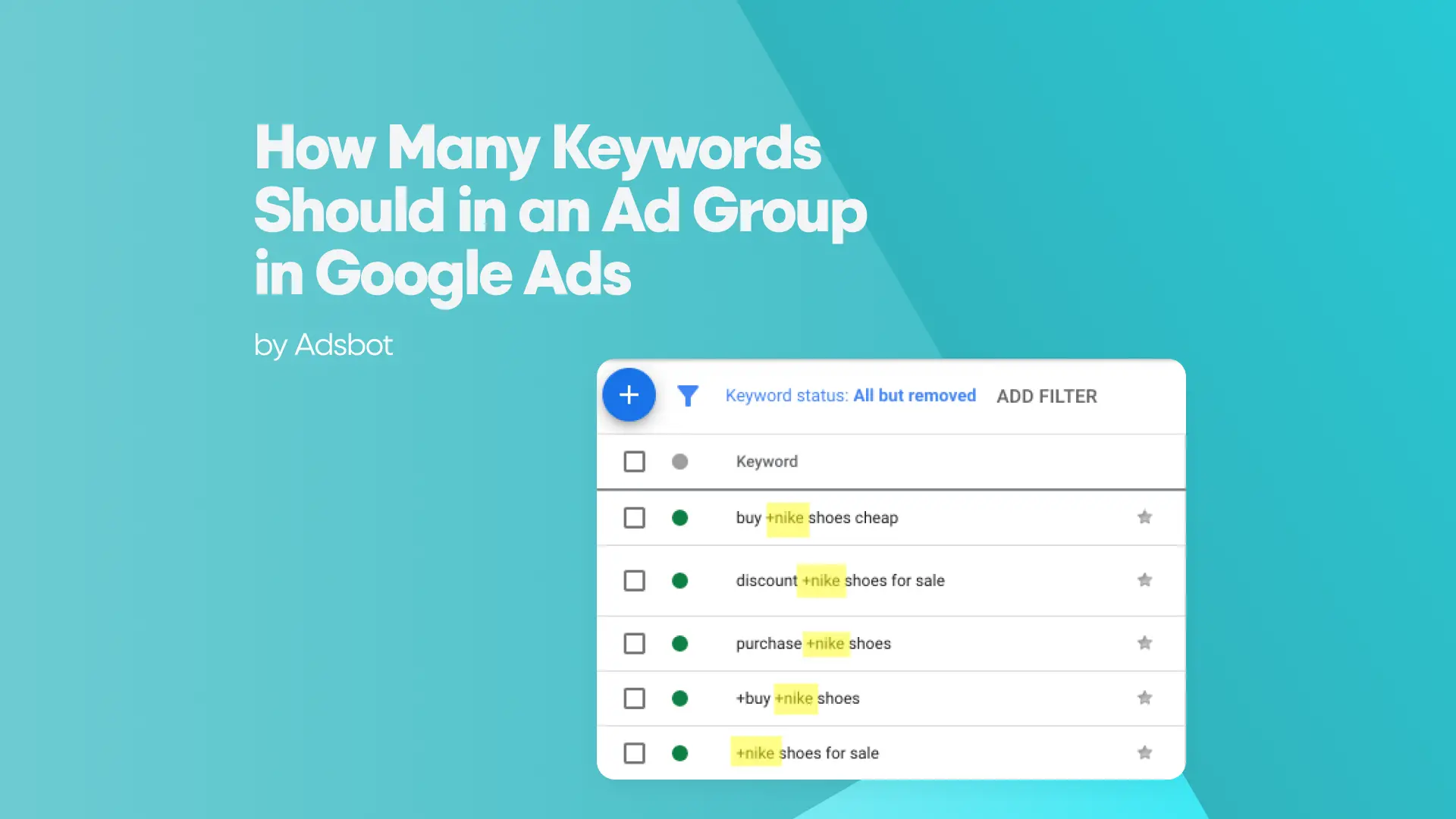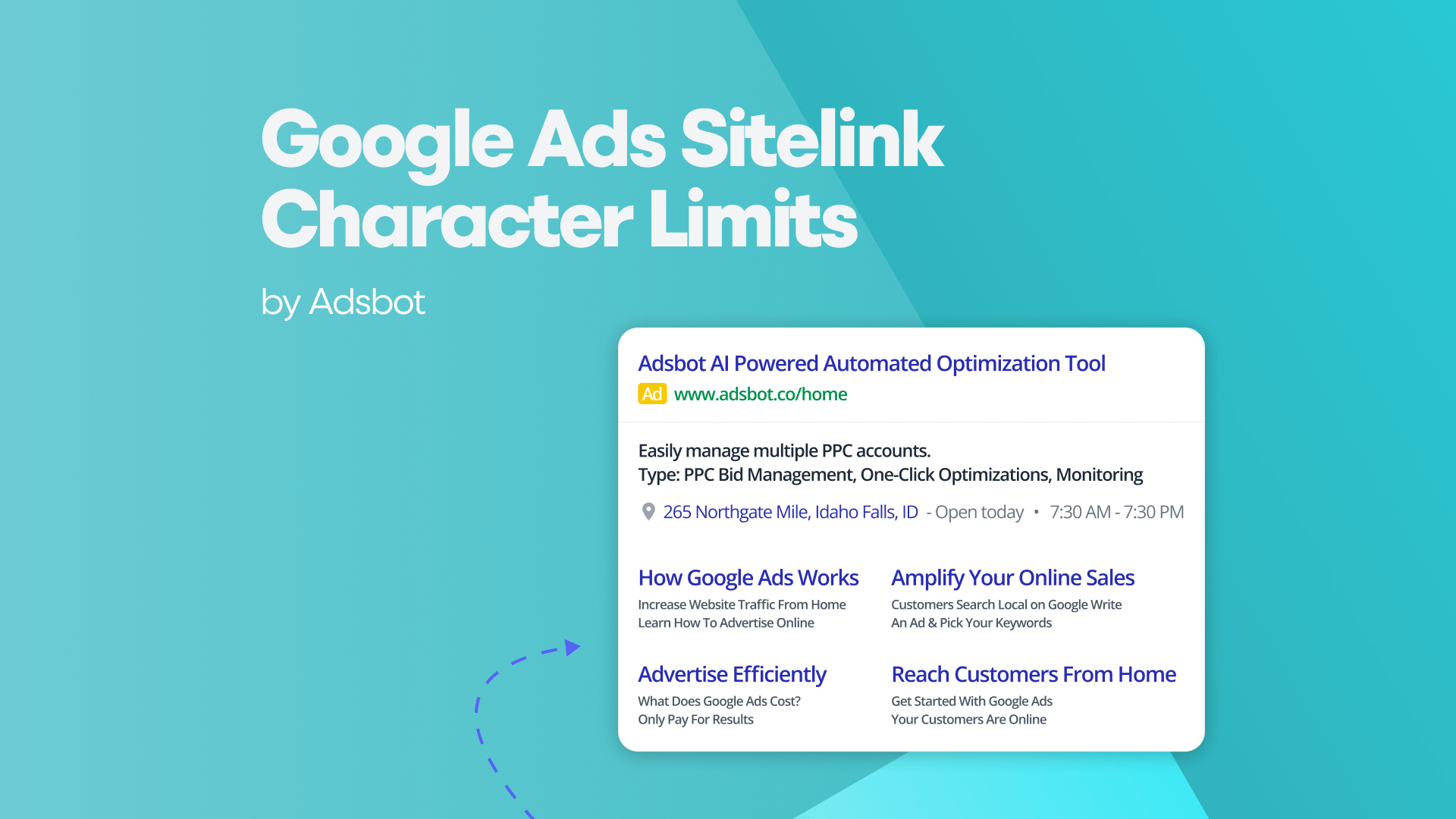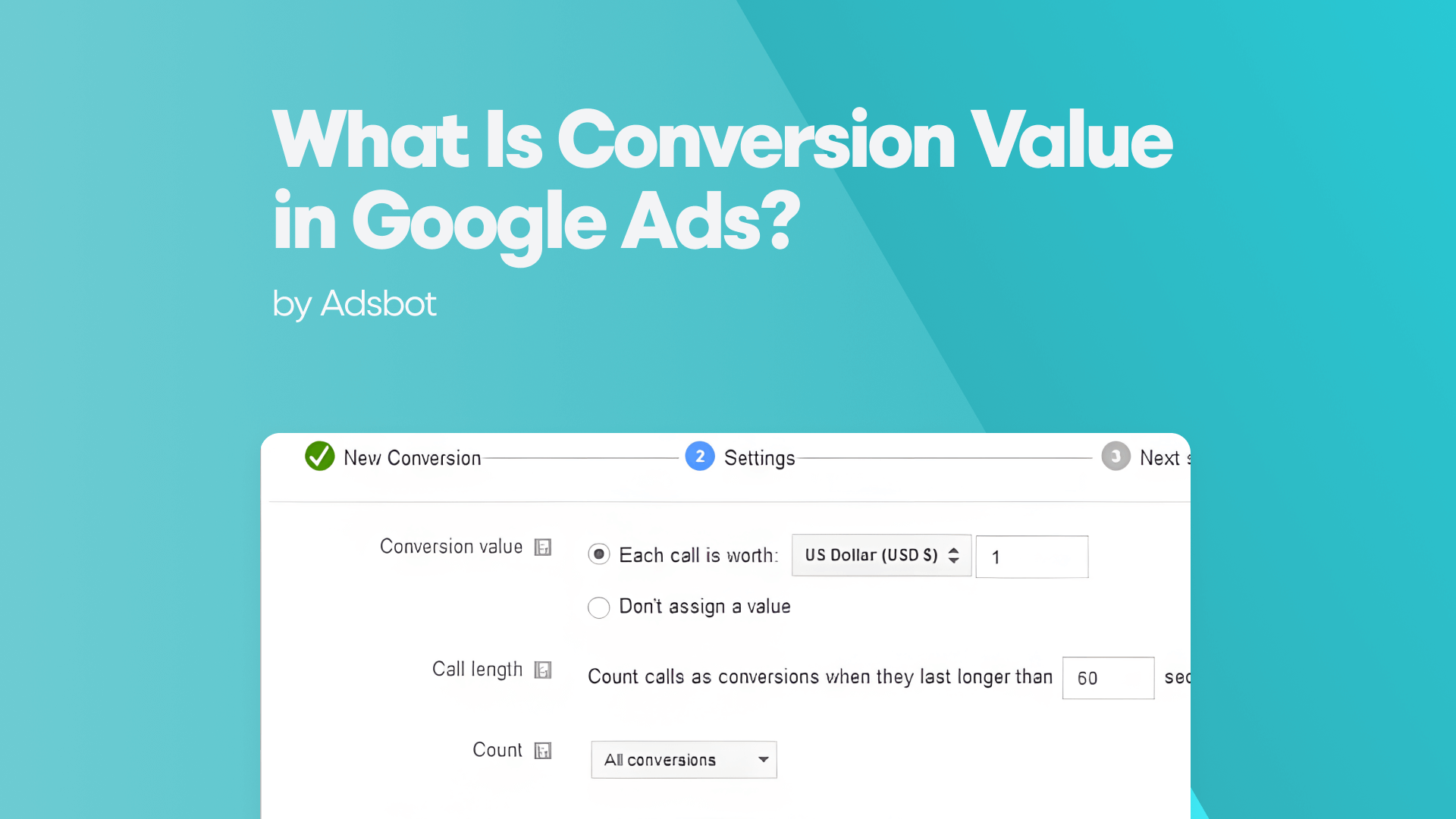Pay-per-click (PPC) and cost-per-click (CPC) are a pair of frequently encountered yet frequently perplexing terms within the domain of online advertising. Although both aspects hold significance, they perform disparate functions within the realm of digital marketing endeavours. Within the confines of this literary composition, we shall delve into the intricate differentiations between pay-per-click and cost-per-click advertising, whilst also exploring their symbiotic relationship and the advantageous and disadvantageous aspects they bestow upon marketers.
How does Pay-Per-Click (PPC) work?
The practice of pay-per-click (PPC) marketing necessitates that businesses allocate monetary resources each time an advertisement of theirs is subjected to a click. Advertisements are exhibited on Search Engine Results Pages (SERPs) and various other online platforms, contingent upon the successful bids of marketers for keywords and placements that possess the highest probability of captivating their intended audiences. The advertiser incurs charges with each instance in which a user engages using clicking on the advertisement. Google Ads, Bing Ads, and sundry online and social media advertising networks serve as ubiquitous platforms for the execution of pay-per-click (PPC) campaigns. The primary objective of pay-per-click advertising is to augment the influx of visits to a designated website or landing page, with the ultimate aspiration that individuals who possess a genuine interest will undertake a favourable course of action that is advantageous to the enterprise, such as engaging in a transaction or enrolling for supplementary details.
What Does Cost-per-click (CPC) Mean?
The CPC, which stands for “Cost Per Click,” refers to the precise monetary value that advertisers expend each time an individual interacts with one of their advertisements by clicking on it. The determination of this metric is achieved through the process of dividing the aggregate advertising expenditure by the cumulative number of clicks garnered from the aforementioned campaign. The utilisation of cost per click (CPC) is frequently observed within the realm of pay-per-click (PPC) campaigns to assess the effectiveness and efficiency of advertising expenditures. The comprehension of the quantum of expenditure an advertiser allocates per click is highly advantageous in assessing the efficacy of their marketing endeavours.
What’s the Connection Between PPC and CPC?
In the pay-per-click (PPC) advertising paradigm, cost per click (CPC) is a key measure. To determine how much they are willing to spend on each click, PPC marketers establish a maximum bid. The ad’s position and visibility are determined in part by the amount bid, as well as other variables, including the ad’s quality and relevance. The CPC is the cost to the advertiser for each click on the ad. The cost per click (CPC) is the granular unit of measurement inside the pay-per-click (PPC) advertising model.
Why Should I Use Pay-Per-Click Advertising?
There are a number of benefits that PPC advertising may provide for businesses. To begin with, it allows for immediate exposure to the intended demographic. Quick ad rotation means more eyeballs on your ads and more potential customers for your brand. Second, pay-per-click advertising allows very granular targeting. Marketers can target their adverts to certain demographics and geographic areas based on keywords and other data. Acquiring qualifying clicks and sales is made easier with such pinpoint accuracy. Finally, PPC gives you total say over your advertising spending. Ad spend restrictions can be set on a daily or monthly basis, bids can be adjusted based on results, and advertisers can see metrics like CPC and ROI in real time.
What are the Drawbacks of PPC?
While pay-per-click advertising (PPC) has many benefits, it also has some potential downsides. High levels of competition and price increases could be an issue. Bid prices for popular keywords and sectors tend to be higher, making it more difficult to see a positive return on investment. Managing and improving PPC campaigns is a constant process. In order to maximise returns, maintain ad relevancy, and remain ahead of the competition, advertisers must constantly evaluate and tweak their campaigns. Last but not least, not every click will necessarily result in a sale. In order to maximise the likelihood of converting clicks into important actions, advertisers must give careful consideration to the quality of their ads, landing pages, and overall user experience.
Pay-per-click (PPC) and cost-per-click (CPC) are both essential concepts in modern internet advertising. Cost per click (CPC) is the monetary value of each click in the pay-per-click (PPC) advertising model. Pay-per-click advertising (PPC) allows for immediate exposure, pinpoint targeting, and cost management, while cost-per-click (CPC) metrics allow for analysis of ROI. Advertisers may make better judgements and maximise the effectiveness of their digital marketing to meet their company goals if they are familiar with the distinctions between these words.
Popular Posts
-
How Many Keywords Should Be In an Ad Group in Google Ads?
Ever wondered if your Google Ads campaigns are packed with…
Read more -
Google Ads Script for Dummies: An Introduction
Imagine you have an e-commerce website that sells licensed superhero…
Read more -
Google Ads Sitelink Character Limits
Your Google Ads are cutting off in the middle of…
Read more -
What Is Conversion Value in Google Ads?
What if you could put a price tag on every…
Read more
Register for our Free 14-day Trial now!
No credit card required, cancel anytime.





